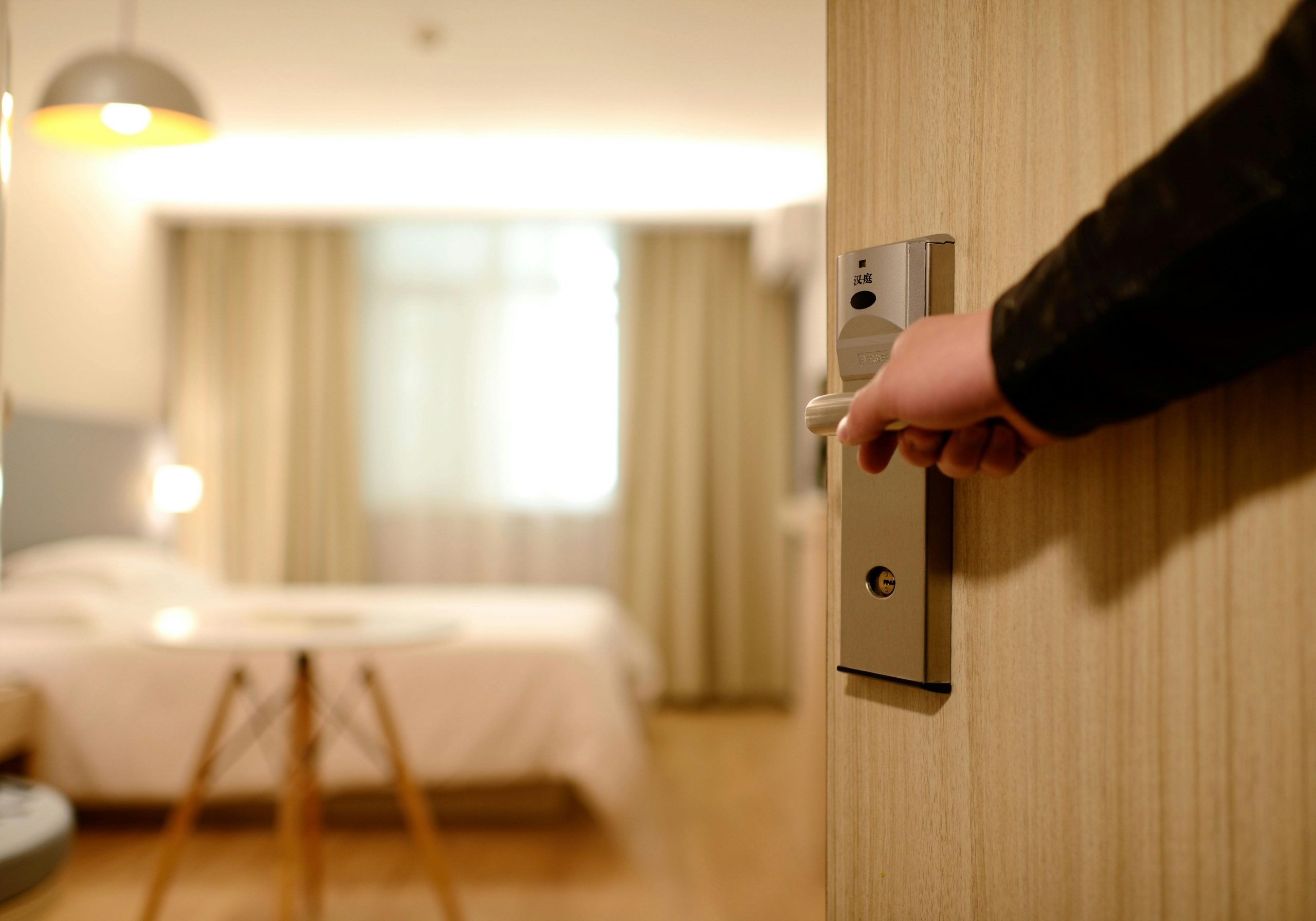If you’ve ever found yourself planning a spontaneous getaway or delaying your booking until the very last minute, you’ve probably wondered, are hotels cheaper last minute? The answer isn’t as simple as yes or no. Sometimes you can find amazing deals if you wait, but other times you’ll end up paying more—or even worse, find no rooms available at all.
In this guide, we’ll explore when it makes sense to book late, how hotel pricing works, and smart strategies for saving money on your next stay. Whether you’re a weekend traveler or a vacation planner, understanding the timing of hotel deals can help stretch your travel budget.
How Hotel Pricing Works
Before diving into last-minute deals, it helps to understand how hotels set their prices. Unlike many products, hotel prices are dynamic, which means they constantly change based on demand, availability, season, and even time of day.
Here are some common factors that affect pricing:
- Occupancy Rates: If many rooms are still available close to the check-in date, hotels may drop prices to fill them.
- Event Schedules: Big events like concerts or sports games raise demand and prices.
- Time of Year: Holidays and peak seasons generally mean higher rates.
- Booking Window: Prices often rise or fall depending on how early or late you book.
- Day of the Week: Weekends, especially Fridays, are usually more expensive.
So, while last-minute bookings can sometimes lead to savings, they don’t always guarantee the best price.
When Are Last-Minute Hotel Deals Cheaper?
1. Midweek Stays in Big Cities
In business-heavy cities like New York, Chicago, or Los Angeles, hotel rooms tend to be in high demand during weekdays. However, on weekends, especially Sundays, demand drops, which can lead to last-minute deals. If you’re visiting for leisure rather than work, booking last minute can sometimes score you a good price.
2. During Off-Peak Seasons
Hotels often lower prices during slow travel periods, like early fall or late winter. If you’re flexible with your travel dates and destinations, this is a great time to book last minute. Fewer tourists mean more available rooms, and hotels may offer discounts to attract guests.
3. In Areas With Many Hotels
In popular tourist destinations with lots of hotel options—like Orlando or Las Vegas—you’re more likely to find last-minute deals. With hundreds of hotels competing for bookings, even last-minute guests can benefit from the competition.
When Last-Minute Bookings Cost More
1. During Peak Travel Seasons
If you’re booking during spring break, summer vacation, Thanksgiving, or Christmas, waiting until the last minute is usually a bad idea. Rooms fill up fast, and prices go up as availability goes down.
2. For Events and Holidays
Major events like the Super Bowl, music festivals, or conventions can cause hotels to sell out months in advance. If you wait too long, you may not find a room—or you’ll pay a premium.
3. In Small Towns or Remote Locations
In areas with limited lodging, last-minute deals are rare. With fewer hotels to choose from, there’s less pressure to discount rooms, and availability may be tight.
Pros and Cons of Last-Minute Hotel Booking
Pros:
- Potential Savings: You might get a great deal, especially in large cities or during off-peak times.
- Flexibility: Last-minute bookings are great for spontaneous trips.
- Upgrades Available: Some travelers report getting upgraded if hotels need to fill nicer rooms.
Cons:
- Limited Selection: Your favorite hotel or preferred room type might be sold out.
- Higher Stress: Not knowing where you’ll stay until the last minute can be nerve-wracking.
- Not Ideal for Families: If you’re traveling with kids or a large group, booking early ensures everyone is accommodated.
Booking Tips for Last-Minute Savings
Want to try booking last minute but still save money? Follow these tips:
1. Use Hotel Deal Apps
Apps like HotelTonight, Priceline, and Hopper are designed to help you find same-day or next-day deals. These tools often offer exclusive discounts you won’t find on regular booking sites.
2. Check Hotel Websites Directly
Sometimes the best price is on the hotel’s official site. You may also get added perks like free breakfast or late checkout.
3. Call the Hotel
Calling directly can be surprisingly effective. Ask if they have any unsold rooms they’re willing to discount—especially later in the day.
4. Be Flexible With Location
You might find better prices just a few miles away from tourist hotspots. Look at nearby neighborhoods or suburbs to expand your options.
5. Stay Sunday Night
If your schedule allows, booking for Sunday can save money. In fact, many experts consider Sunday the best day to book a hotel, especially if you’re looking for a discount on a short stay.
Should You Always Wait to Book?
While last-minute deals are tempting, they aren’t always the best choice. Here’s when it’s better to book in advance:
- You’re traveling during a holiday or peak season.
- You’re attending a wedding, conference, or special event.
- You’re traveling with kids and need a family room or suite.
- You want to stay at a specific hotel that’s often sold out.
In these cases, locking in a room early is safer and sometimes even cheaper.
Advance Booking vs. Last-Minute: What’s Best?
When deciding whether to book your hotel early or wait until the last minute, it really depends on your travel plans. Different situations call for different strategies. Here’s a quick guide to help you choose the best approach:
- Solo travelers or couples with flexible dates can often score great deals by booking last minute. Hotels are more likely to offer discounts to fill empty rooms close to check-in dates.
- Families on vacation should book in advance. This ensures availability of larger rooms or connecting rooms and helps avoid last-minute stress.
- If you’re attending an event or festival, it’s best to book months ahead. Hotel prices usually rise as the event gets closer and rooms fill up quickly.
- For trips to major cities, last-minute bookings may still offer good deals due to the large number of hotels and constant turnover.
- If you’re visiting a small town, booking early is safer. Smaller destinations tend to have fewer lodging options.
- During the off-season, you might find excellent last-minute savings since fewer people are traveling and hotels want to fill rooms.
Choosing the right booking strategy based on your travel type can make a big difference in price and convenience.
How to Decide When to Book
To make the right decision, ask yourself:
- How flexible is my travel plan?
- Is there a chance the hotel will sell out?
- Is there a big event happening during my trip?
- Do I need special accommodations (like adjoining rooms or accessibility features)?
Your answers will help you decide whether to book now or wait for a last-minute deal.
What About Hotel Loyalty Programs?
Don’t forget to factor in hotel loyalty programs. Booking directly through a chain’s website may earn you points, free nights, or upgrades. While third-party apps might have better last-minute deals, loyalty rewards can offer long-term value.
Final Thoughts
So, are hotels cheaper last minute? Sometimes, yes—but not always. If you’re flexible, traveling during off-peak times, or staying in a city with lots of hotels, last-minute bookings can lead to real savings. But if you’re traveling during a busy season or attending a special event, it’s often safer to book in advance.
For many travelers, the best day to book a hotel is Sunday, as prices tend to be lower. Use that knowledge to your advantage whether you’re planning ahead or hunting for a deal at the last minute.
By staying informed and flexible, you can enjoy your trip and save money—no matter when you book.



